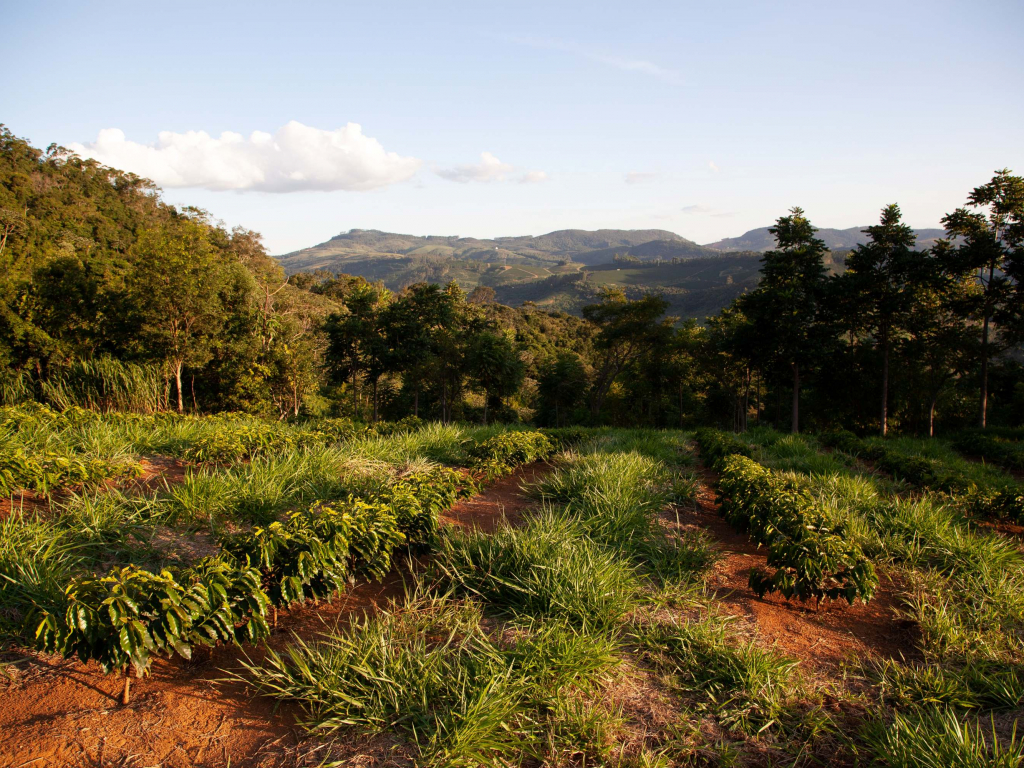Agroforestry research: two fully-funded DPhil (PhD) NbSI positions (closing March 31st)

The NbSI has two new DPhil (PhD) roles available to start this coming autumn (2023), and the deadline to apply has been extended to midday on March 31st 2023.
The two roles are part of the new FLOURISHING-LANDSCAPES programme and are fully-funded (inc. international students) and are supervised by Prof. Nathalie Seddon, Dr. William Thompson and Dr. Jesus Aguirre-Gutierrez(ECI). You can learn more about how to apply to these positions on the graduate admissions website, and please put Wadham College as your preferred college on the application form. We particularly welcome applications from, and preference will be given to, those normally resident in Sub-Saharan Africa.
The FLOURISHING-LANDSCAPES programme focuses on enhancing the social and ecological outcomes of nature-based solutions in tropical agricultural landscapes. Key gaps remain in the scientific and practitioner knowledge base around the effectiveness of nature-based solutions, such as agroforestry and reforestation, in tropical agricultural landscapes. This programme aims to address these gaps by utilising a transdisciplinary research approach, co-generating knowledge with stakeholders, across multiple sectors connected to landscapes in the high forest zone of Ghana. These two DPhil projects will focus on evaluating how different farm and landscape-level configurations of agroforestry and reforestation impact social and ecological outcomes, such as food-security and biodiversity, as well forecasting future outcomes. The work done as part of these Dphil projects will will feed into the ongoing, NERC funded, HARP toolkit project, led by the Nature-based Solutions Initiative, Department of Biology, University of Oxford.
This DPhil project will use remote sensing (from satellites and drones) of farm and forest vegetation to gain insights about their structure and health, and will make use of microclimatic sensor networks, as well as spatially explicit biodiversity data, to evaluate existing nature-based solutions in Ghana. This project will generate new ecological knowledge of on- and off-farm nature-based solutions (agroforestry, riparian buffers, enrichment planting), relating to organism-, farm- and landscape-scale processes and their impacts on ecosystem function and biodiversity. This will feed into predictive approaches that will help inform the design of future nature-based solutions interventions.
Candidate requirements: We are seeking a DPhil candidate with a Masters in ecology, environmental engineering, environmental science, or similar. The ideal candidate will have strong affinity for understanding ecological processes and skills in spatial data analysis, including the analysis of drone and satellite imagery, LiDAR vegetation structure data as well as good coding skills, in R or Python. Experience on collecting ecological and remote sensing data in the field would be an asset.
This DPhil project will adopt an overall transdisciplinary research approach, integrating the needs of actors connected to the Ghanaian high forest zone landscapes, all the way along the knowledge co-generation process. The project will build beyond existing work in the cocoa value chains in West Africa, to better incorporate the multi-functional nature and needs of rural landscapes. The DPhil candidate will collect, analyse and integrate social and ecological data, to increase our understanding of landscape-scale social and ecological processes that influence outcomes of on- and off-farm nature-based solutions. This will lead to the development of an agroforestry and reforestation scenario evaluation tool, to simulate social and ecological outcomes of different landscape-scale configurations of these nature-based solutions .
Candidate requirements: We are seeking a DPhil candidate with interdisciplinary interests, spanning socio-economic and ecological research. The candidate will have a Masters degree in ecology, agricultural/development economics, environmental science or similar. The ideal candidate will have experience collecting socio-economic and ecological data in tropical agricultural landscapes, experience of working with spatial data sets, as well as good coding skills in R or Python.
The two DPhil scholarships are available, for admission in October 2023, to work on the private donor funded project FLOURISHING-LANDSCAPES. The scholarships are fully funded for three years and cover fees at the UK or Overseas student rate, and a stipend matching the UKRI standard rate (for 2022-23 this is currently set at £17,688 p.a.).




